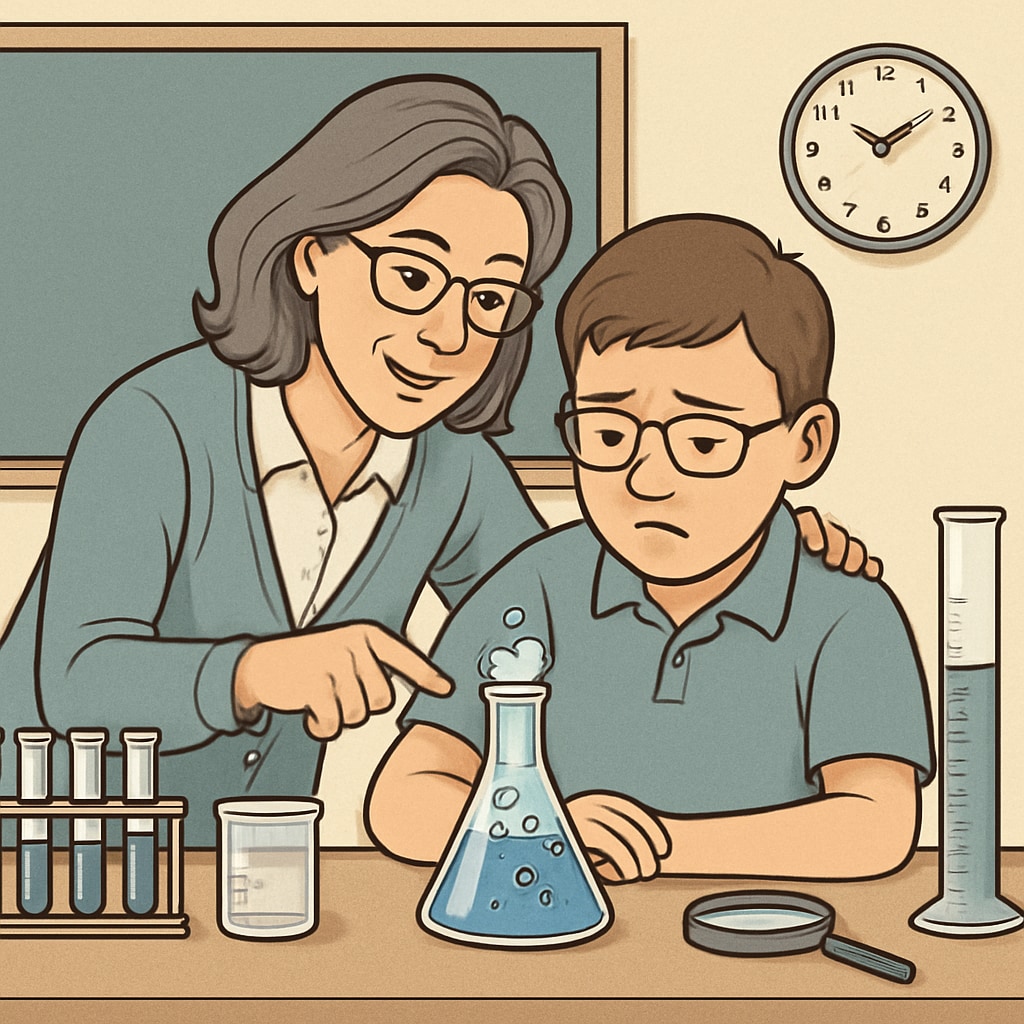In today’s education system, aspiring doctors with learning difficulties face unique challenges. These students often struggle to meet traditional academic expectations while enduring family pressures to succeed. Yet, their dream of joining the medical profession remains unwavering. This article examines the obstacles these students encounter, critiques the limitations of traditional assessment systems, and offers actionable solutions to create a more inclusive and equitable path for future doctors.
Challenges in the Education System for Aspiring Doctors
Becoming a doctor requires an intensive educational journey, often starting as early as high school. However, students with learning difficulties such as dyslexia, ADHD (Attention-Deficit/Hyperactivity Disorder), or processing disorders face significant challenges navigating the education system. Traditional teaching and evaluation methods, which heavily rely on memorization and standardized testing, can disadvantage these students.
For example, the reliance on timed exams does not account for the slower processing speeds of some learners. Furthermore, the lack of individualized support in many schools can make it difficult for students to build the foundational knowledge required for medical studies. Coupled with societal and familial expectations, these barriers create a high-pressure environment that can discourage students from pursuing their dreams.

Rethinking Traditional Education Models
The traditional education system often measures success through a one-size-fits-all approach, emphasizing grades and test scores over individualized learning. While this system may work for many students, it fails to recognize the diverse needs of those with learning difficulties. In medical education, where the stakes are high, this rigidity can amplify feelings of inadequacy and hinder progress.
To address this, educational institutions need to adopt more inclusive assessment methods. For instance, project-based evaluations, oral exams, and open-book tests can provide a fairer platform for students with learning challenges. Additionally, integrating assistive technologies, such as text-to-speech software, can help level the playing field.
Building Support Systems for Students with Special Needs
Support systems play a crucial role in enabling students with learning difficulties to succeed. Schools can implement specialized programs with trained educators who understand the unique needs of these learners. For example, Individualized Education Programs (IEPs) can outline specific accommodations tailored to each student, such as extended test times or alternative assignments.
Moreover, mentorship programs connecting students with medical professionals who have overcome similar challenges can provide inspiration and guidance. These mentors can share strategies for success and offer emotional support, helping students navigate both academic and personal struggles.

The Role of Educational Equity in Fulfilling Dreams
Achieving educational equity is essential for creating a pathway for all students, including those with learning difficulties, to pursue their dreams of becoming doctors. Policymakers and educators must work together to reform the system, ensuring that resources and opportunities are distributed fairly. This includes providing funding for specialized programs, training teachers in inclusive practices, and fostering a culture of understanding and acceptance.
Additionally, medical schools can play a role by revising admission criteria to focus on qualities like resilience, empathy, and problem-solving skills—traits that are equally important for a successful career in medicine. By valuing diverse strengths, the medical field can benefit from practitioners who bring unique perspectives and experiences to patient care.
Conclusion: Paving the Way for Future Doctors
Students with learning difficulties should not have to abandon their dreams of becoming doctors due to systemic barriers. By rethinking traditional education models, building robust support systems, and prioritizing educational equity, we can create a more inclusive environment where every aspiring doctor has the opportunity to succeed. As a result, the medical profession will be enriched with compassionate and determined individuals who have overcome adversity to achieve their dreams.
Breaking down these barriers will not only transform the lives of students but also enhance the education system as a whole, fostering a generation of diverse and skilled professionals ready to make a difference in the world.
Readability guidance: This article employs short paragraphs, clear transitions, and lists where appropriate to ensure accessibility. Active voice and concise sentences maintain a professional yet approachable tone.


